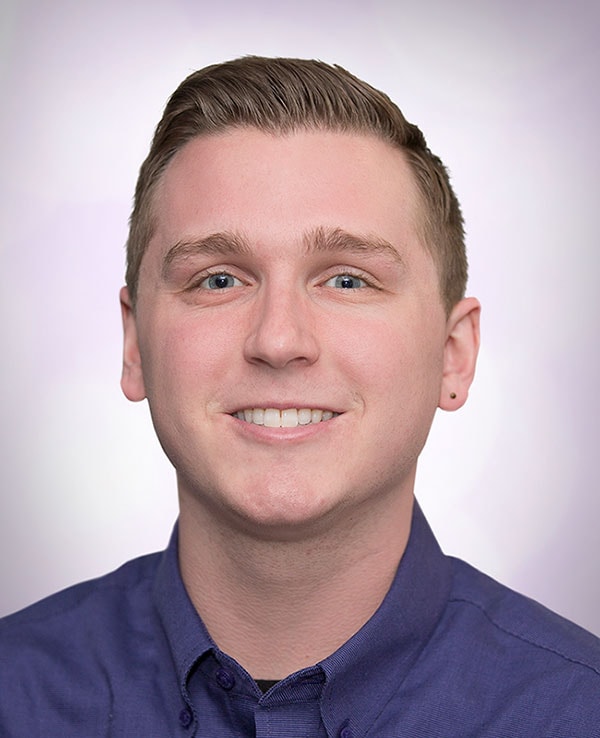Yamaha Works to Strengthen Orchestra Education Programs Through National String Project Consortium for Fifth Consecutive Year
BUENA PARK, Calif. (March 23, 2018) —
For the fifth straight year, Yamaha Corporation of America is providing financial support to the National String Project Consortium (NSPC), a coalition of String Project sites based at colleges and universities across the United States. These projects serve to increase the number of students playing stringed instruments, while addressing the critical shortage of string educators in the United States.
Support received from Yamaha allows the NSPC to establish teacher training programs at universities throughout the country, providing college string education majors direct access to resources, conference sessions, and networking and professional development opportunities. Ultimately, this serves to guide students in becoming highly-equipped educators, as well as leaders in their local String Project sites.

"Educators are the backbone to student success, and Yamaha is deeply committed to supporting NSPC and its efforts to create these programs for future string educators and their students," says Ken Dattmore, marketing manager for Orchestral Strings, Yamaha Corporation of America. "Experiencing the gift of playing an instrument should be at the hands of each and every student, and NSPC promotes an ambitious plan that benefits both the college student teachers and the young students."
NSPC was originally formed in 1998 under the auspices of the American String Teachers Association (ASTA). It is now an independent non-profit organization working together with ASTA and other music organizations to serve string education and development across the U.S. In 2002, ASTA conducted a survey that revealed that 24 percent of string educator jobs were not filled in the year 2000 due to lack of qualified candidates. In 2001, this had increased to 43 percent and in 2002, 47 percent of schools had orchestra positions open due to a shortage of educators. The NSPC is working to insure the future of string players by increasing the number of young people who will be playing orchestral instruments while at the same time assuring that there are a sufficient number of new educators who will be able to teach these children the art and technique of playing.
"Having Yamaha on our side is an honor in and of itself. With their help we can prepare children in the lower grades for placement in existing public-school orchestra programs while creating and offering programs that give undergrad and graduate music students experience in teaching, administration and leadership as they pursue their degree," says Amy Gillingham, executive director, NSPC. "We strive to provide a safe environment for children and teachers involved in orchestral education and with the help of Yamaha, we can easily support music-making opportunities to combat school string program attrition and foster program growth."
For more information about Yamaha Strings, please visit http://4wrd.it/STRINGSONLINE. For more information about NSPC, please visit www.stringprojects.org
